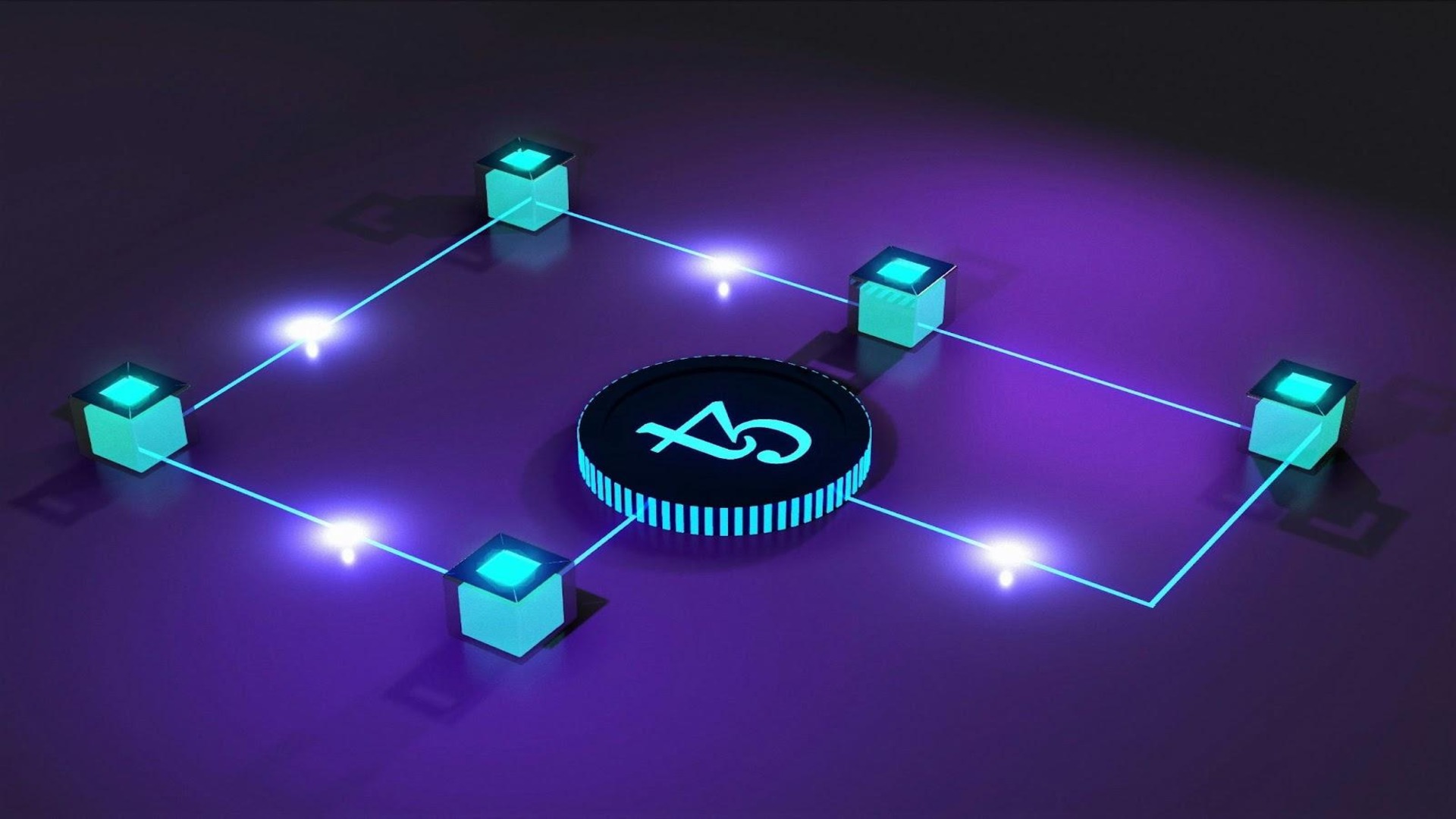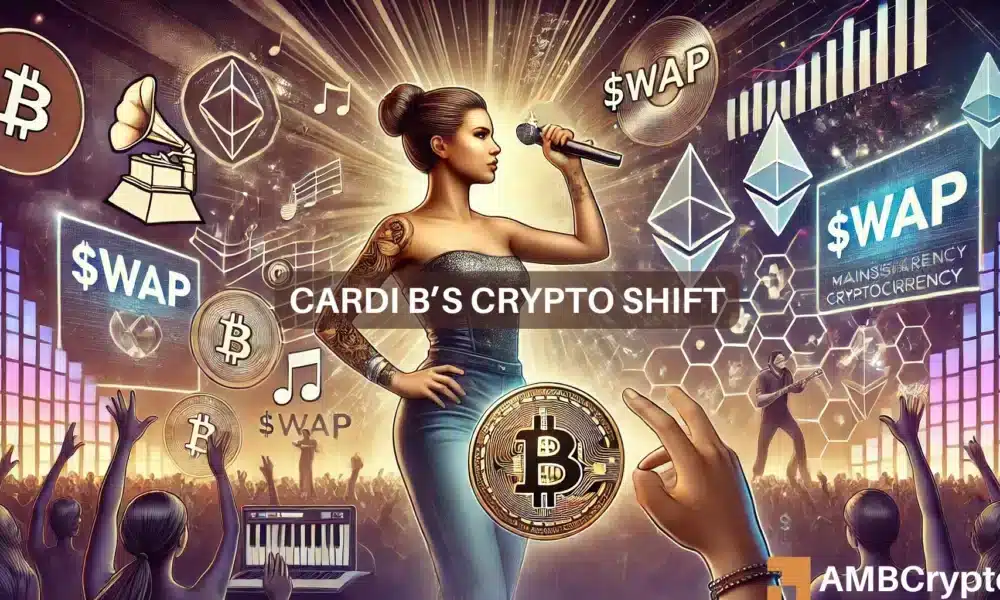Blockchain technology has become an important tool in many digital spaces, from healthcare to finance. One of the biggest benefits this technology has offered is its ability to minimize the need for exhaustive registration details. In many sectors, like finance, this feature has become attractive to privacy-conscious individuals.
For example, many financial services have to hand over their data to centralized databases. Therefore, many people who don’t want their sensitive data on many servers have resorted to decentralized finance (DeFi). That’s because DeFi platforms have allowed them to reduce the chances of their sensitive data being accessed by cybercriminals.
However, blockchain technology hasn’t only provided users with a heightened level of privacy and security in the finance sector alone. As we delve into how other industries are using it, here’s how it’s able to let users access their services with less strict registration requirements below.
– Advertisement –
Blockchain Provides a Haven for Privacy-Conscious Players
One of the industries where blockchain and the use of cryptocurrencies have really been shining is iGaming. In online casinos across the world, blockchain has significantly lessened hurdles in registration and payment processes. For example, in the Netherlands, players have been wary of the privacy risks centralized databases, such as CRUKS, pose. That requires players to provide all of their private details when registering to play.
This is why many of these individuals now prefer playing on crypto casinos that leverage blockchain technology. According to crypto expert Joren Verdoes from bitcoinmagazine.nl, these casinos also come with extensive game libraries, instant payouts, and attractive bonuses. These features make them superior to traditional online casinos in practically every way that players want.
Another factor that has made crypto casinos attractive is the decentralized infrastructure of the blockchains they operate. They encrypt data and player details, even when payments are made back and forth. This approach reduces the chances of a large-scale data breach by making it harder for cybercriminals to access their information.
Moreover, crypto casinos usually allow players to create anonymous accounts. It only requires a digital wallet and cryptocurrency for users to access games. These platforms don’t even have to store data like personal identification, banking information, or other sensitive details on the blockchains.
How Blockchain Technology Works in Terms of Security
Now, let’s get into the technicalities of what makes blockchain platforms able to afford to collect fewer details. First, learn what makes them different from other platforms that usually require more information for security reasons.
In this case, blockchain technology makes this issue moot due to its inherently secure nature. Decentralization improves security as blockchains are distributed ledgers that record transactions across a network of computers called nodes.
Blockchains do this by encrypting all transactions and grouping them into blocks. It links those blocks together in a chain, hence their name. Once this is over, nobody can delete or alter these records. It makes the data they have immutable and tamper-proof.
The encryption blockchains use is cryptographic hashing. It ensures that every block on the chain has a unique hash that corresponds to the data within it. That means even if the slightest change occurs to the data, it will result in a completely different hash. Thus, it will be obvious that someone attempted to tamper with a block.
Blockchain’s decentralized nature also increases security, as there isn’t an entity that can have control over the entire network. Instead, consensus mechanisms, like proof-of-work (PoW) or proof-of-stake (PoS), verify all transactions and add new blocks to the chain.
What all this means for blockchain platforms is that they don’t need to collect extensive personal details to prove identities. Instead, the security of each action and transaction itself ensures that every user is legitimate.
KYC vs. No-KYC: The Blockchain Approach
Nowadays, many businesses need to follow Know Your Customer (KYC) regulations to verify the identity of their users, especially those in e-commerce, real estate, and insurance. This usually means that they must collect personal information, like addresses, names, social security numbers, and proof of identity documents.
Even though KYC has its benefits, it also increases vulnerabilities when it comes to user privacy and data security. This is why we’ve seen a rise in no-KYC platforms. These blockchain technology-based platforms use a different approach.
This approach leverages the security and anonymity offered by blockchains to help users bypass traditional KYC processes. That’s because these platforms do not verify a user’s identity with documents. Instead, they use cryptographic methods and decentralized verification mechanisms like ZKP (Zero-Knowledge Proof) to verify their identities.
The main benefit that no-KYC platforms have brought is privacy. So users don’t have to hand over sensitive information to third parties. It makes them even more attractive in regions where cybercrime is prevalent or where users worry about the misuse of their personal information.
Another big advantage they offer is ease of access. These platforms allow users to sign up and start using their services almost immediately. Lengthy verification processes that KYC procedures require do not hamper their experience. It then lowers their barriers to entry, which makes them accessible to a global audience.
Additionally, no-KYC platforms usually rely on decentralized trust mechanisms like reputation systems or smart contracts. Thus, they ensure that their users are legitimate and trustworthy. This helps maintain the platform’s integrity without encroaching on user privacy.
Anonymity and Privacy on the Blockchain
Another feature of blockchain technology that allows platforms to forgo exhaustive registration processes is the pseudonymity it offers. That’s because even though blockchain transactions are transparent and anyone on a given network can view them, the identity of who made them remains hidden behind cryptographic addresses.
These addresses are usually strings of alphanumeric characters that don’t contain any personal information about a user. What this has meant for privacy-conscious individuals is that blockchain platforms allow them to make anonymous transactions. They can even communicate online without revealing their true identity.
However, when using these platforms, users should not link their addresses to anything that could jeopardize their anonymity. Avoid linking addresses to social media, bank accounts, and others. That’s because criminals can hack these platforms. Even if they don’t, a simple internet search could result in malicious parties gaining access to this information.
On top of offering anonymity through pseudonyms, some privacy-focused blockchain platforms, like Monero and Zcash, offer enhanced privacy features. Some of these include cutting-edge cryptographic techniques that users can use to hide details on their transactions.
A couple of details these blockchains allow them to keep private include the amounts they send and the identity of the participants in these transactions. That makes it almost impossible for hackers to track or trace their transactions on the blockchain. It also offers a level of privacy that any traditional financial system can’t match.
Smart Contracts and Trustless Transactions
Smart contracts and trustless transactions have become essential elements of blockchain technology that allow platforms run on these networks not to have to acquiesce to KYC requirements. That’s because these innovations have given blockchain platforms the opportunity to operate without going through these centralized identity verification processes.
To understand how they do this, let’s take a look at how they work, starting with smart contracts. These are self-executing programs that run on blockchain networks like Ethereum. These programs operate by adhering to an if-then logic. That means actions trigger only when preset conditions are met.
To do this, smart contracts are written in specialized programming languages like Solidity in Ethereum’s case, one of the key ways it differs from Solana. These languages are what make defining an agreement’s terms possible, such as setting conditions like receiving payments and actions like transferring ownership of assets or setting consequences that follow if conditions aren’t fulfilled.
The code can’t be altered
The best part about these languages is the code produced using them cannot be altered once it’s sent to the blockchain. Besides their immutable code, smart contracts rely on external data feeds called oracles to trigger their actions.
What these oracles do is provide real-world information to a blockchain, like stock prices, shipping updates, or weather data. An example of an oracle being in smart contracts would be a source that provides data on flight statuses for an insurance contract that covers flight delays that automatically trigger a payout should this condition be met.
Smart contracts also require users to pay for computational power to execute them. This fee became popular as a gas fee. These gas fees ensure that a blockchain’s resources are used efficiently by incentivizing users to optimize their smart contracts to use as little power as possible.
However, for bigger contracts that require more power, these gas fees play a big role in making them go through seamlessly. This is especially true in periods when there’s a lot of traffic on a blockchain, as they can pay for extra resources instead of straining the ones available.
Finally, all these factors are why smart contracts can handle transactions like loaning and trading assets without requiring users to trust each other in services like DeFi platforms. That’s because, contrary to traditional financial services, where institutions that verify identities establish trust, contracts enforce the trust.











